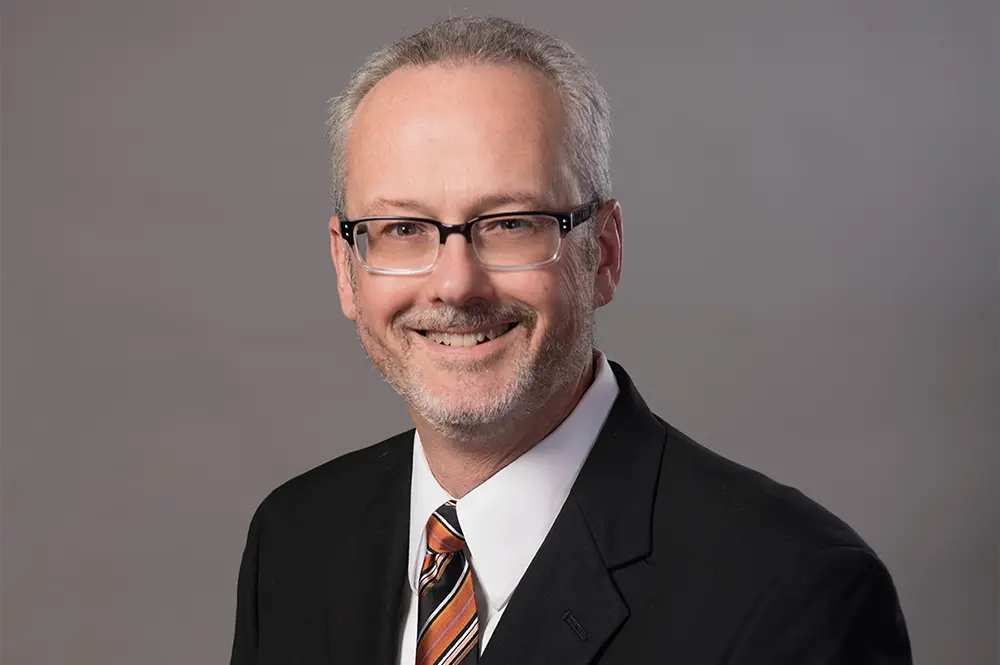
Franklin Roosevelt’s first inaugural gave us “nothing to fear but fear itself.” John F. Kennedy’s gave us “ask not what your country can do for you …” But those are among the few inaugurals long-remembered in history. So how important are these speeches in setting a tone or direction that carries through? Communication professor John Murphy has spent his career studying the rhetoric of presidents and is finishing a book on Kennedy’s speeches. He spoke with News Bureau social sciences editor Craig Chamberlain about inaugurals, past and present.
So what has made some inaugurals into historical markers, while others are quickly forgotten?
The memorable inaugural addresses generally provide eloquent responses to difficult situations. Franklin Roosevelt, for example, banished fear itself at a most fearful time in 1933, and Abraham Lincoln sought to bind up the wounds of the Civil War in 1865.
What do presidents and their speechwriters generally seek to accomplish with this speech?
Presidents try to accomplish two goals. First, they seek to put the election behind them and unify the country around their leadership. Second, they seek to put those good feelings to work in support of a legislative agenda. The inaugural is not the time for specifics on legislation, but presidents generally foreshadow their program as an extension of the national values they invoke to unify the country. Ronald Reagan praised individual Americans as heroes, while seeking to cut government to free those individual Americans.
Barack Obama has a reputation as a gifted speaker and yet it’s difficult to recall signature lines from his two inaugurals. Should we chalk that up to his style? Or the times?
President Obama’s second inaugural praised the fundamental value of equality that “guided our forebears through Seneca Falls, and Selma, and Stonewall,” a bit of alliteration that has lived on in many ways. And he has had other memorable lines. I suspect that the longer we live past the polarization of these times, the more people will remember and think highly of this president and what he had to say.
What should Donald Trump seek to accomplish in his inaugural?
Donald Trump very much needs to create unity. That is always a demand facing presidents on this occasion, but the division of the election and the transition has made that ever more pressing. He is the second Republican in a row to win the White House and lose the popular vote. He has questioned the competence, patriotism, and standing of many Americans and of the government he is about to lead. Trump must show that he can be the president of all the people, even those with whom he disagrees.